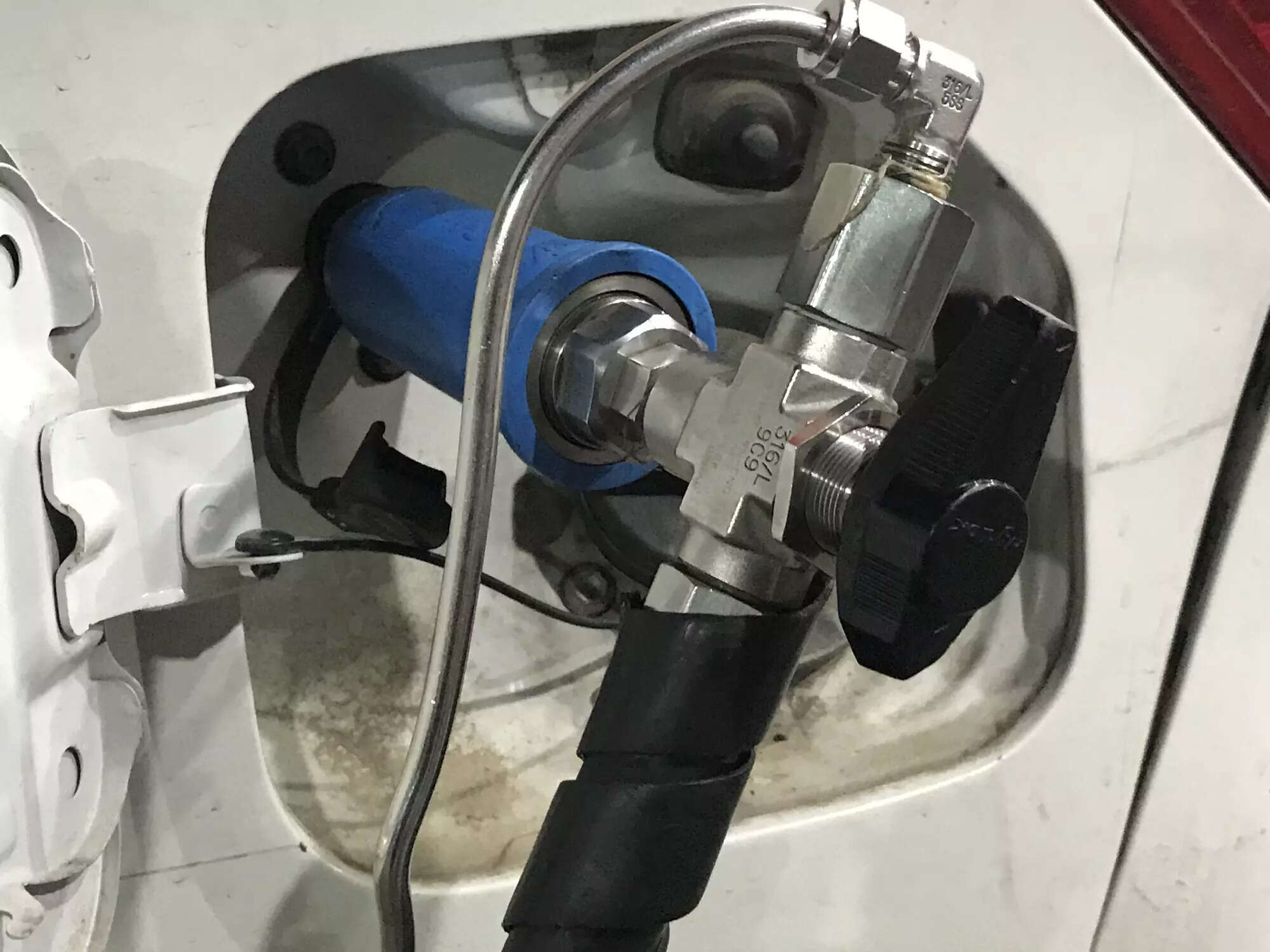
By Yash Jhunjhunwala
New Delhi: As the shift towards e-mobility is gaining traction, consumers have shown a growing interest in the CNG powertrain. The share of CNG powered vehicles has increased 118.66% in the four-wheeler category. Electric Battery-Operated Vehicle (BOV) have also shown a significant rise to 2,087.10%, in the four-wheeler category.
Despite the run towards green mobility, petrol vehicles continue to be one of the choices of the consumers as the sales rose to 22,64,902 units, compared to 16,91,012 units in FY18, marking a 33.94% of growth, whereas, the likes of diesel fell down to 13.99%, as per the VAHAN records.
“Since the infrastructure for CNG has improved over the years, the sales of CNG vehicles have also improved. Moving forward, we are going to witness both CNG and EV vehicles complementing each other, and as a result, we will see the shift towards sustainable mobility and energy security. Though geopolitical heat has affected the prices of gas, there are talks of policy measures to reduce the costs. Going forward, there are certain use cases where CNG would be preferred, where the acquisition cost will matter more to consumers or geographical areas where the EV infrastructure is developing, while the CGD infra is ready,” Ashim Sharma, Senior Partner and Group Head, NRI Consulting, said.
The consumers are well aware, and they holistically look into multiple aspects such as the cost economics, availability of model choices and features, ease of refuelling (infrastructure availability) before making a decision, he added.
While the four-wheeler share of the petrol variants went up, the overall share declined to 13.22% and for the diesel variant it declined to 18.44%. The overall share for CNG segment rose to 82.10% and EV (BOV) to a whopping 1,123.28%, as per the VAHAAN data. Amidst the rising interest and shift towards sustainable mobility, the think-tank NITI Aayog has a target of EV penetration at 30% for cars, 70% for commercial vehicles and 40% and 80% for buses and two-and three-wheelers by 2030.
India’s largest car manufacturer Maruti Suzuki has decided to discontinue its diesel variants. Since June of last year, the difference in the price between gasoline and CNG has narrowed and the company witnessed slackening demand. The company introduced six new models this year in the CNG powertrain which compensated the overall numbers and the penetration of CNG went up from 15% to about 19%.
“CNG is moving up as an alternative to diesel, as the diesel variants are impacted due to stricter emissions norms. Clout towards CNG is going to continue, until we have a strong hybrid vehicle becoming more cost-effective and an easier choice, over EV,” Gaurav Vangaal, Associate Director, S&P Global Mobility, said.
Though the infrastructure of CNG developed and the tally of gas stations went from 900 in 2014 to 4,679 in 2023, the rising cost of CNG might continue to pose a challenge for its growth.

